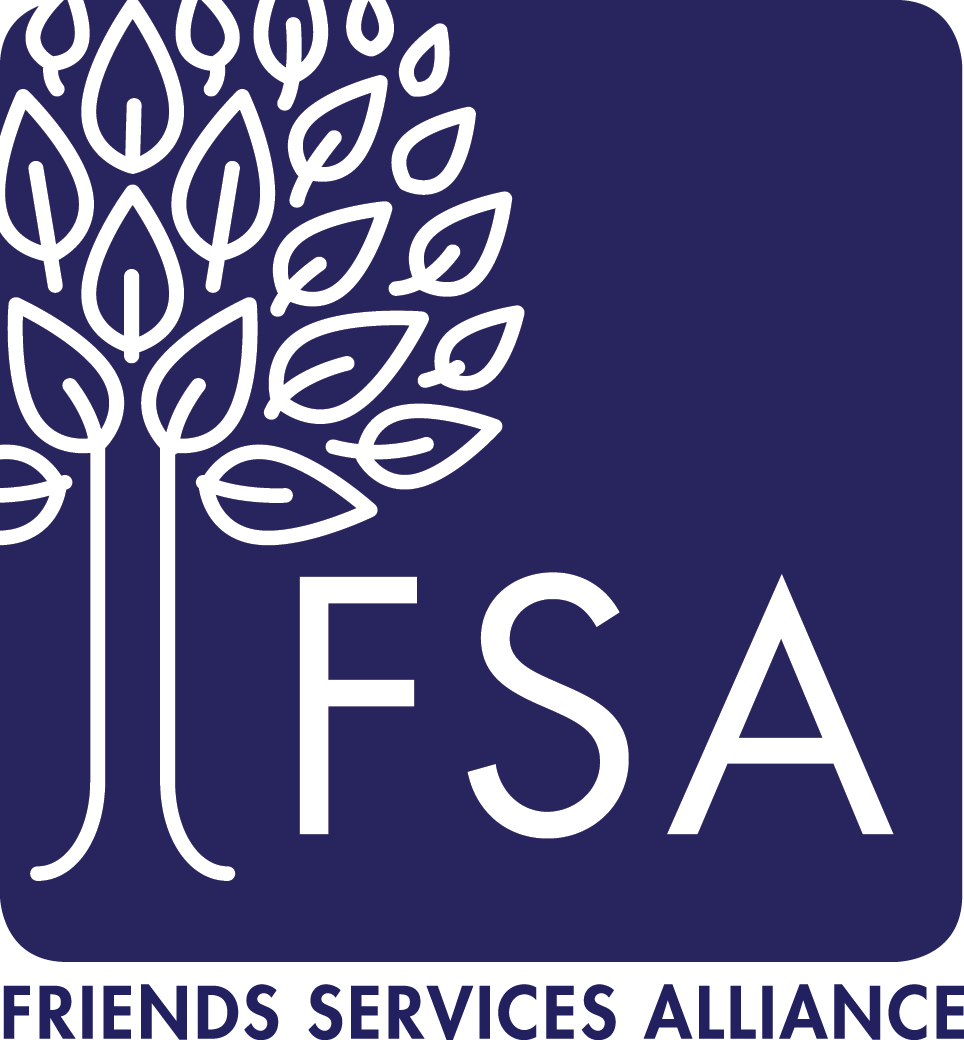Emergency Power Systems
Nursing homes are required to provide an alternate source of energy to maintain resident health and safety (e.g., temperature regulation, food storage, fire protection) in the event of power failures. Generators are typically adequate for this – if they’re kept in good working order.
But in its Spring 2023 Semi-Annual Report to Congress, OIG states that an emergency preparedness audit of 154 nursing homes found several generators that were more than 30 years old.
Key Takeaway: In general, review emergency preparedness plans and address any weaknesses.
Expect increased scrutiny regarding the age and reliability of generators (including whether they’re capable of powering HVAC systems) and whether they’re maintained according to Federal requirements.
Facility-Initiated Discharges
Safe discharge and transfer of nursing home residents has long been a focus of OIG oversight, and data from the Long-Term Care Ombudsman Program reveals that complaints related to “discharge/eviction” are cited more frequently than any other.
Key Takeaway: Due to this new data combined with a rise in nursing home evictions highlighted in the media, expect a renewed focus on whether nursing homes are meeting CMS criteria for facility-initiated discharges.
Antipsychotic Drug Usage
Intended only to treat residents with an appropriate diagnosis, antipsychotic drugs often are misused to sedate residents with dementia, leading to increased mortality and falls. Inaccurate coding of schizophrenia diagnoses is a prevailing issue. CMS has identified lack of comprehensive psychiatric evaluations and lack of behavior documentation to support diagnoses as factors.
Key Takeaway: Ensure accurate coding and usage of antipsychotics to promote resident safety and avoid being cited for inaccurate coding, which can impact a facility’s Quality Measure star ratings.
Lessons from COVID-19
Meanwhile, the COVID-19 pandemic brought challenges for nursing homes and home health providers to the forefront. As OIG continues to sift through lessons learned, two areas are emerging that may see regulatory action:
Home Health Agencies
CMS is eyeing a few potential areas of focus in the home health environment:
Telehealth. CMS will evaluate the types of services offered through telehealth and the characteristics of home health patients that benefit from telehealth.
Quality of Care. Regulatory flexibilities introduced during the pandemic will be evaluated to see how they may be impacting the quality of home health care.
Infectious Disease Preparedness. CMS may update emergency preparedness trainings and materials on home health response to infectious disease outbreaks.
Nursing Homes
Infection Control. High rates of Covid-19 infection among nursing home residents – and devastatingly high mortality rates during pandemic surges – prompted OIG to scrutinize long-term care infection control practices.
OIG is recommending that CMS:
- Revise current minimum nursing staff requirements
- Target facilities most in need of infection control intervention, providing enhanced oversight and technical assistance.
OIG Enforcement Action
Recent enforcement actions by OIG involve theft and other financial exploitation committed against residents, as well as fraud and neglect. A few notable cases include:
- A hospice company in Oklahoma violated the False Claims Act by knowingly submitting claims to Medicare for services provided to beneficiaries who did not qualify for hospice care, alleges the United States Attorney’s Office. The company has agreed to pay $48,830.70 to resolve the allegations.
- A New Hampshire licensed nursing assistant stole more than $1,500 from a resident’s bank account by forging his signature on checks. If convicted, she faces up to 10 to 30 years of imprisonment and fines of $4,000 per forgery indictment.
- Two South Carolina employees of a residential living facility used a resident’s debit card to make personal purchases. The state Attorney General’s office is prosecuting the employees on misdemeanor charges, who will be ordered to pay fines and serve up to 30 days in prison if convicted.
- The owners and operators of four New York nursing homes were sued by the state Attorney General for fraud and persistent neglect of residents, including malnutrition, dehydration, improperly treated bed sores and wounds, and falls. The lawsuit seeks a permanent court order that would:
- Prohibit new admissions until staffing meets standards for sufficient care;
- Require the nursing homes to pay for a healthcare monitor to ensure that resident outcomes improve, as well as a financial monitor;
- Require all respondents to return wrongfully received funds totaling more than $83 million.
Friends Services Alliance (FSA) is a national professional association of values-aligned organizations that serve seniors. Our support services include a team of Compliance and Risk Management experts who have supported organizations in developing and maintaining effective Compliance and Ethics Programs for more than 20 years.



